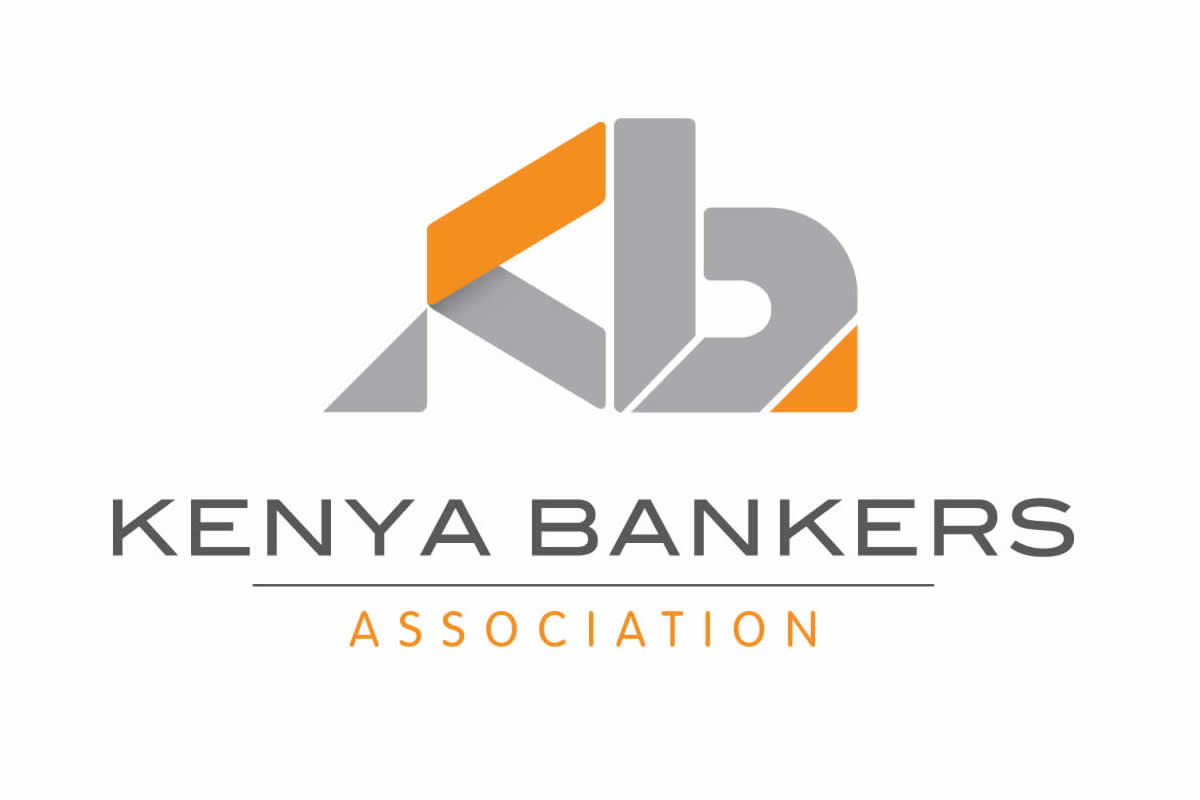- Search for Affordability Drives Lower to Middle Income Segments
Nairobi, 31 January 2018 – On the back of a generally suppressed private sector credit expansion, the rise in house prices remained subdued as reported by the Kenya Bankers Association House Price Index (KBA-HPI). According to the Index that tracks price movements based on industry data and property valuation, house prices in Kenya rose by approximately 0.68 percent during the fourth quarter of 2017 compared to 0.42 percent in the third quarter.
While the market remains skewed towards apartments relative to other house types, the KBA-HPI reports that some areas witnessed better price improvements. Properties in ‘Region 1’ as defined in the report improved by about 1.35 percent compared to the overall price movements that remained below 1 percent. The region includes such locations as Athi River, Mlolongo, Mavoko, Nakuru, Ngong, Ruaka, Syokimau, Embakasi, Kahawa Wendani, Thika, Mtwapa, Utange, Kitengela, Kiembeni, Nyeri, Likoni, Eldoret, Ruiru, Kilifi, Thika Road (Kasarani, Roysambu, Ruaraka), Meru and Bungoma.
“The search for affordability has tended to steer both buyers and investors to the lower-middle income to middle income property segments,” said KBA Director of Research and Policy Jared Osoro. “Access to capital is evidently integral in influencing the demand and supply dynamics in the housing market.
“The results for quarter four continue to support the evidence that depressed demand is due to the slowdown in credit expansion. Households relying on credit for home acquisition have been adversely effected by the Banking (Amendment) Act of 2016, which introduced interest rate controls that are distorting the credit market,” he said.
Despite credit constraints, the Index report predicts that potential home buyers, who held back on decisions to invest last year, will gradually enter the property market in the coming months. “As the economy is anticipated to perform relatively better in 2018, a response would be expected in terms of house prices starting to take an upward but slow and delayed trend,” added Osoro.
To view the complete report, visit the KBA Web site at www.kba.co.ke/house_price.php.
Note to Editors:
For more information on the KBA House Price Index and to schedule an interview email research@kba.co.ke.
About the KBA-HPI
The Kenya Bankers Association House Price Index (KBA-HPI) was introduced by the banking industry’s umbrella body (KBA) to better guide policy makers and investors on the trends in the residential real estate sector. The KBA-HPI has quickly been recognised as a credible analytical tool that is useful for tracking housing sector dynamics and price movements.
The KBA-HPI regions are clustered follows:
- REGION 1 Athi River, Mlolongo, Mavoko, Nakuru, Ngong, Ruaka, Syokimau, Embakasi, Kahawa Wendani, Thika, Mtwapa, Utange, Kitengela, Kiembeni, Nyeri, Likoni, Eldoret, Ruiru, Kilifi, Thika Road (Kasarani, Roysambu, Ruaraka), Meru, Bungoma.
- REGION 2 Thindigua (Kiambu Road), Kiambu, South B, South C, Kabete, Komarock, Imara Daima, Membley, Buruburu, Rongai, Waiyaki Way (Uthiru, Regen, Kinoo, Kikuyu), Mbagathi Road, Ngong Road, Langata.
- REGION 3 Kileleshwa, Kilimani, Lavington, Westlands, Spring Valley, Riverside, Milimani (Kisumu), Milimani (Nakuru), Runda, Karen, Garden Estate, Parklands, Ridgeways, Muthaiga, Loresho, Kitisuru, Adams Arcade, Nyali, Mountain View, Nyari.
About Kenya Bankers Association
KBA (www.kba.co.ke) was founded on 16th July 1962. Today, KBA is the financial sector’s leading advocacy group and banking industry umbrella body that represents total assets in excess of USD 37 billion. KBA has evolved and broadened its function to include advocacy on behalf of the banking industry, and championing financial sector development through strategic projects such as the launch of the industry’s first P2P digital payments platform PesaLink. In line with the Government’s policy on public-private partnerships, KBA and Central Bank of Kenya have implemented key projects such as modernization of the National Payments System through the Automated Clearing House, implementing the Real Time Gross Settlement System (RTGS), and the Kenya Credit Information Sharing Initiative which introduced the use of information collateral provided by credit reference bureaus to enhance credit access for borrowers. The KBA members are comprised of commercial banks and deposit taking microfinance banks.


